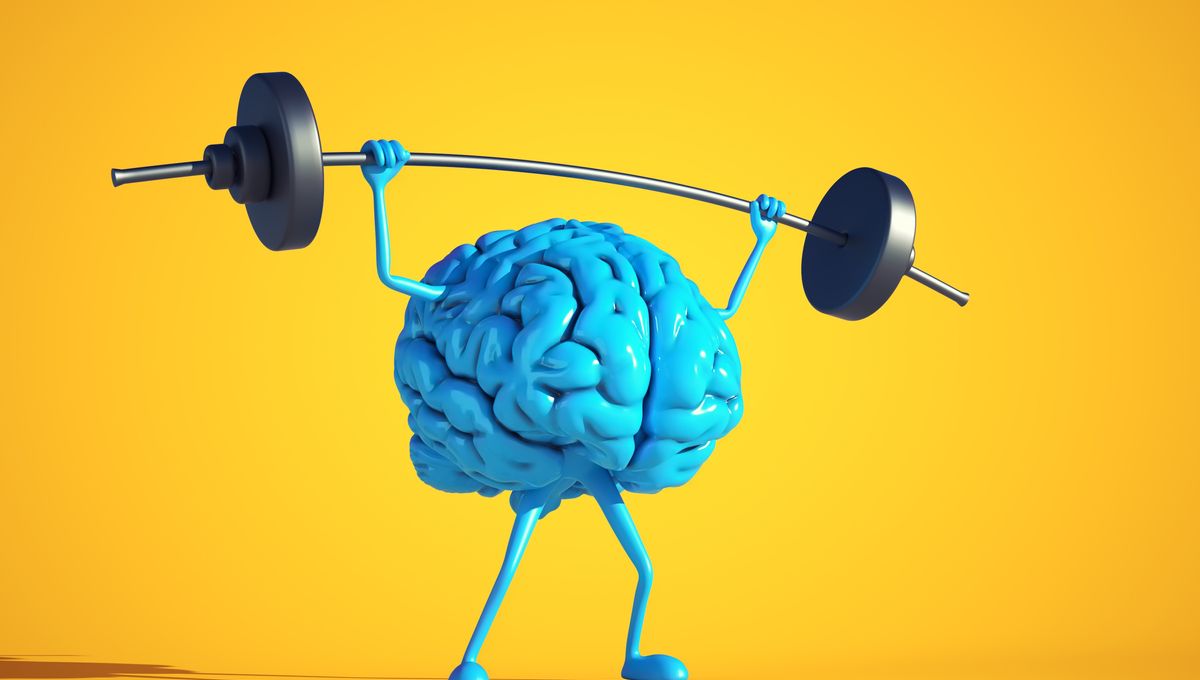
Regular physical exercise is associated with all kinds of benefits, not least protecting the brain from the damaging effects of aging and helping to stave off dementia. But exercise is not accessible to all people, so researchers at the University of Southern California (USC) and the University of California Los Angeles are investigating whether these brain-saving properties could one day be captured in a medicine.
Exercise benefits the body in ways that go far beyond helping to achieve and maintain weight-loss goals. From boosting your mood to building protective muscle mass, there’s a good reason why the Centers for Disease Control and Prevention recommends that all adults get at least 150 minutes of moderate physical activity per week, and two days of muscle-strengthening activity too.
But this level of activity is not accessible to everyone. Whether due to age, injury, or a medical condition, there are some who can’t meet these recommended activity goals, and so researchers are looking at how we might capture the benefits of exercise in other ways.
One key way in which exercise is helpful as we age is that it activates a network called the “muscle-brain axis”. Small proteins or peptides called myokines are released, which have neuroprotective properties. It’s thought that this process can help guard against Alzheimer’s disease, the most common form of dementia, although the underlying mechanisms remain poorly understood.
“We looked at a bunch of Alzheimer’s-related pathologies – accumulation of plaques in the brain, inflammation in the brain and synapse communication, which is how neurons talk to each other. All of these things are completely awry in Alzheimer’s,” said Constanza Cortes, an assistant professor at the USC Leonard Davis School of Gerontology and senior author of the new study, in a statement.
“So, we examined a group of Alzheimer’s mice, and then the same Alzheimer’s mice but with this muscle modification, and we showed that we could ‘rescue’ a lot of these symptoms.”
The team used an established – and unusually, all-female – mouse model of Alzheimer’s disease, but some of the mice were genetically engineered to have enhanced skeletal muscle function. When the two groups of mice were compared with behavioral testing, the scientists observed that those with the muscle enhancement performed better at cognitive tests involving building a nest or navigating a maze.
The muscle-enhanced mice also showed less evidence of amyloid-beta accumulation – one of the toxic proteins implicated in Alzheimer’s disease – in the cortex and hippocampus of the brain.
Brain benefits were also observed when the team injected a dose of myokines into otherwise healthy mice, suggesting the potential of this approach as a medical intervention in the future.
“This is specifically to activate these brain pathways that respond to exercise in the context of populations that can’t exercise. It’s for people who cannot get on the treadmill and exercise to the level that they need to,” Cortes said.
And while it will be some time before we see any such intervention in humans, Cortes confirmed that the team has already started working on this possibility: “This opens us opportunities to develop ‘exercise-in-a-pill’ treatments for our brain, which we are currently actively testing in our lab.”
The study is published in the journal GeroScience.
Source Link: “Exercise-In-A-Pill” Could Bring Dementia-Fighting Benefits To People Who Can't Work Out